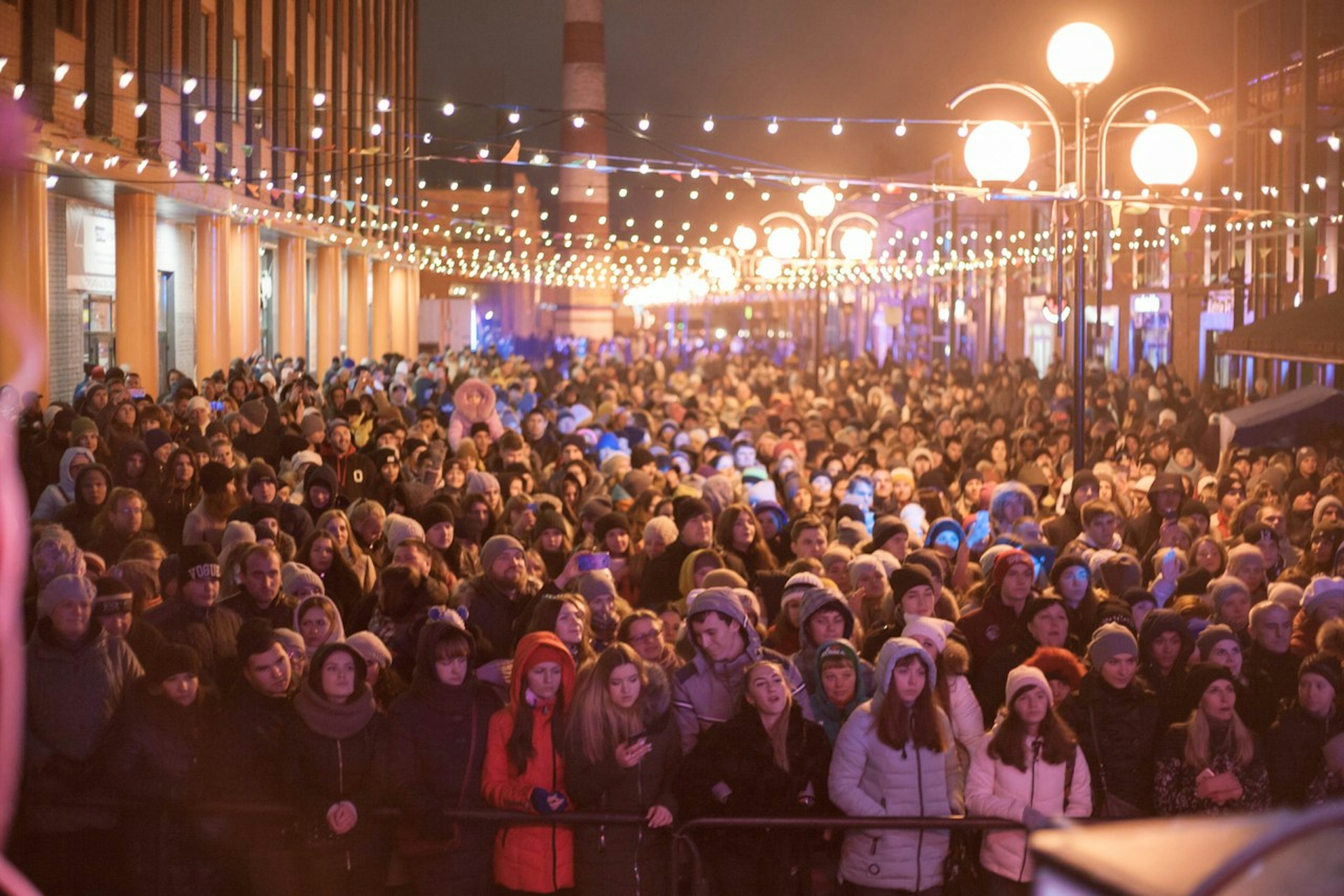Likerka Loft
The new format of urban space.

About
The "Likerka" project in Tula represents a creative cluster that was created with the aim of revitalizing and rethinking abandoned industrial space. The idea of the project is to transform an old liqueur factory into a multifunctional space that combines cultural, educational, and creative initiatives.
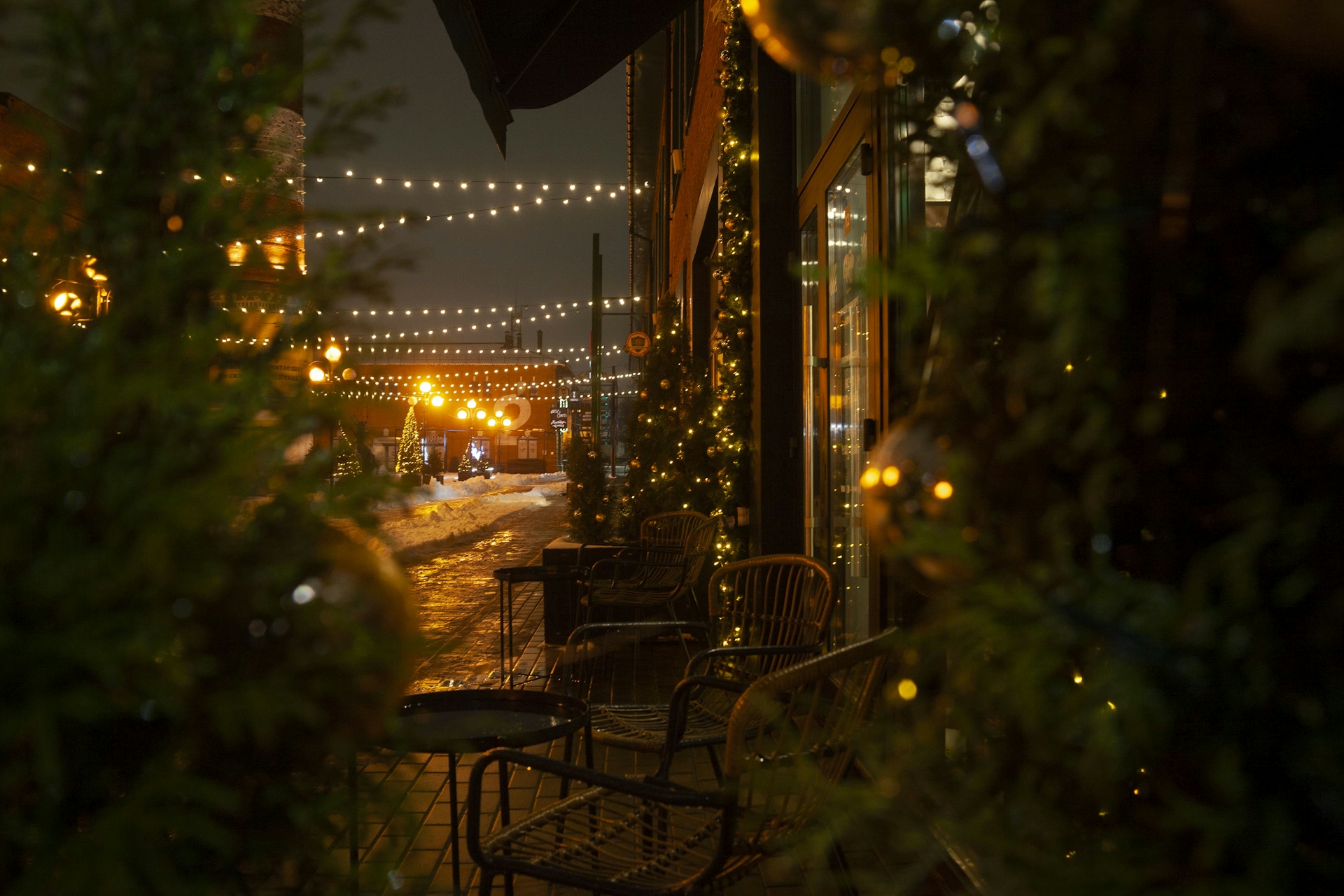

Past
In 1903, buildings associated with the state alcohol monopoly, which exclusively concerned vodka known as "bread wine," were constructed in Tula. Finance Minister Sergei Witte initiated that only state enterprises could produce and sell high-proof alcohol, ensuring its purity. Under the guidance of Dmitry Mendeleev, technologies for vodka production were developed that have survived to this day. The new drink came to be called "government wine," and standard designs for state wine warehouses began to open across the country. The monopoly lasted until 1914, when alcohol sales were suspended due to the war, and production ceased in 1917. During the Soviet era, the Tula alcohol industry accounted for more than a third of the local budget but shrank during the anti-alcohol campaign. In the 1990s, the enterprise "Tulaspirt" became the main taxpayer in the region, but in 1996 it unexpectedly began to lose ground, and by 1998 it went bankrupt. The property was sold off, raising questions about the fate of the buildings, which remained unresolved for a long time. In the late 2000s, it was decided to transform the site into a cultural and entertainment center, and in early 2012, the Likerka Loft lifestyle center opened in Tula.
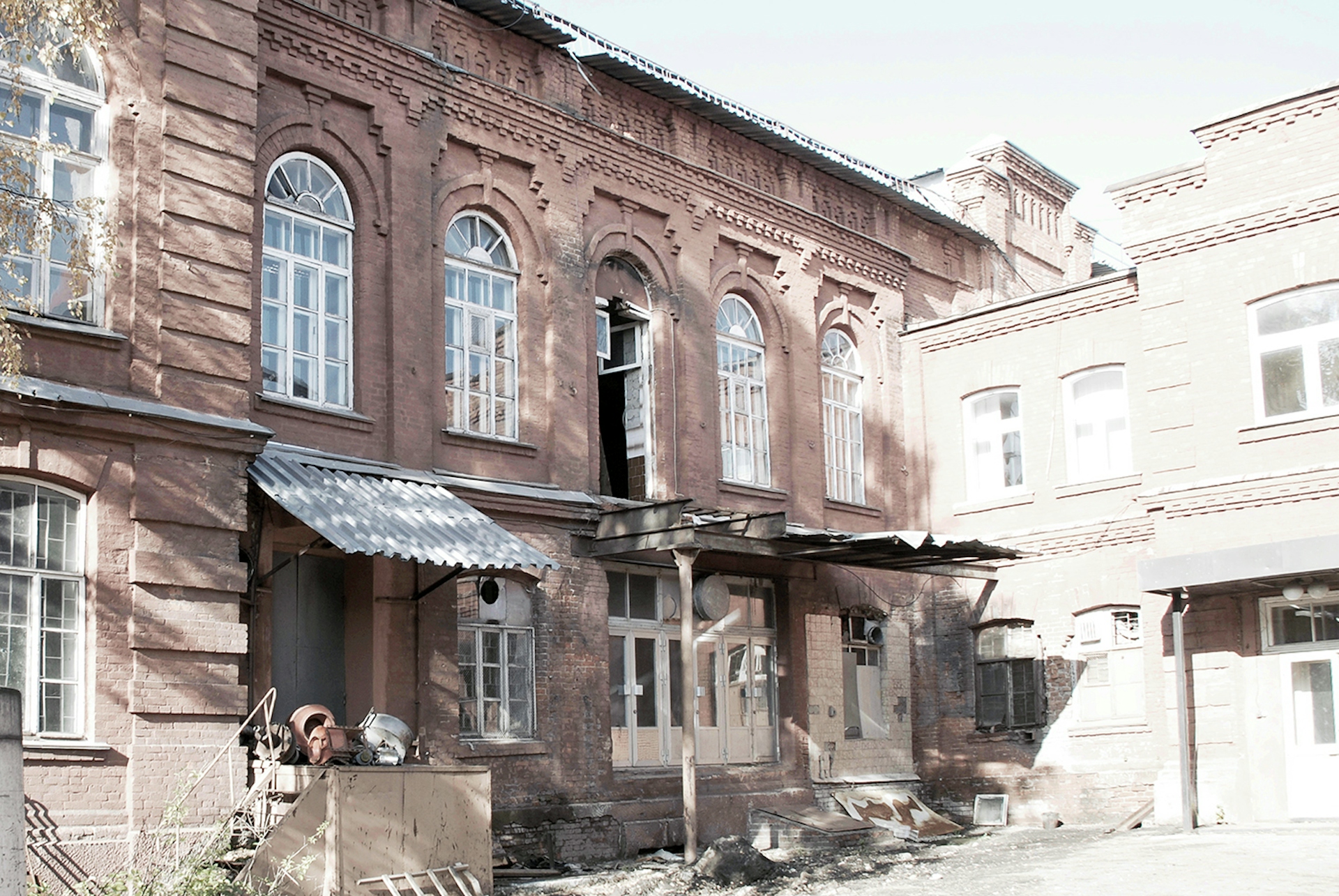
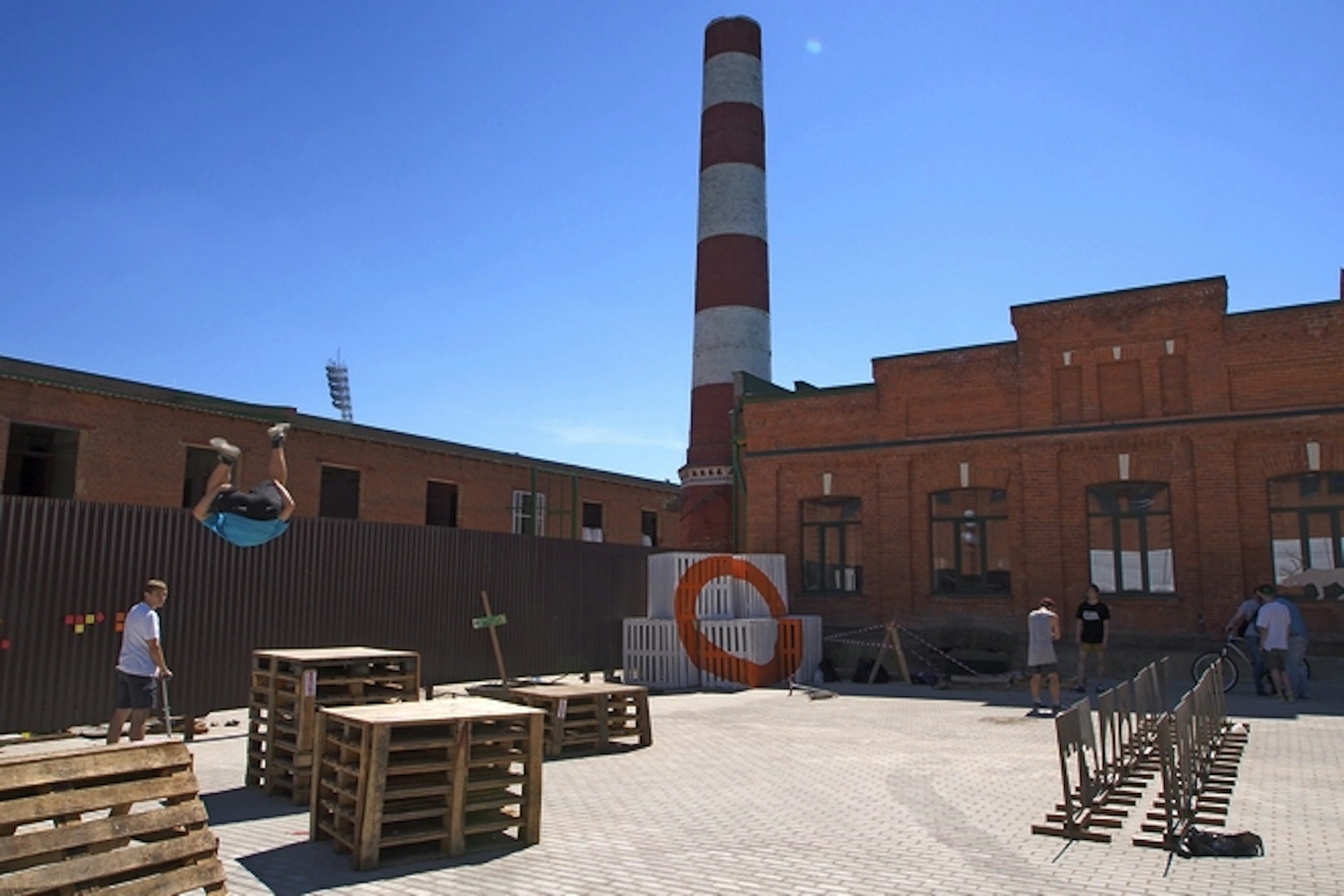
Concept
In developing the concept of transforming the Tula "Liquor Factory" into BLANK, the unique characteristics of the location and the preferences of potential regular visitors were taken into account. As a result, a project was created that preserves the historical facades of the distillery and completely reconstructs the area into a modern loft-style shopping and entertainment center. The loft style, which originated in the USA, is characterized by the combination of modern materials such as glass and steel with elements preserved from the past, such as restored wooden floors or exposed brick walls. This design solution creates a unique atmosphere that attracts attention and provides a sense of space and freedom.
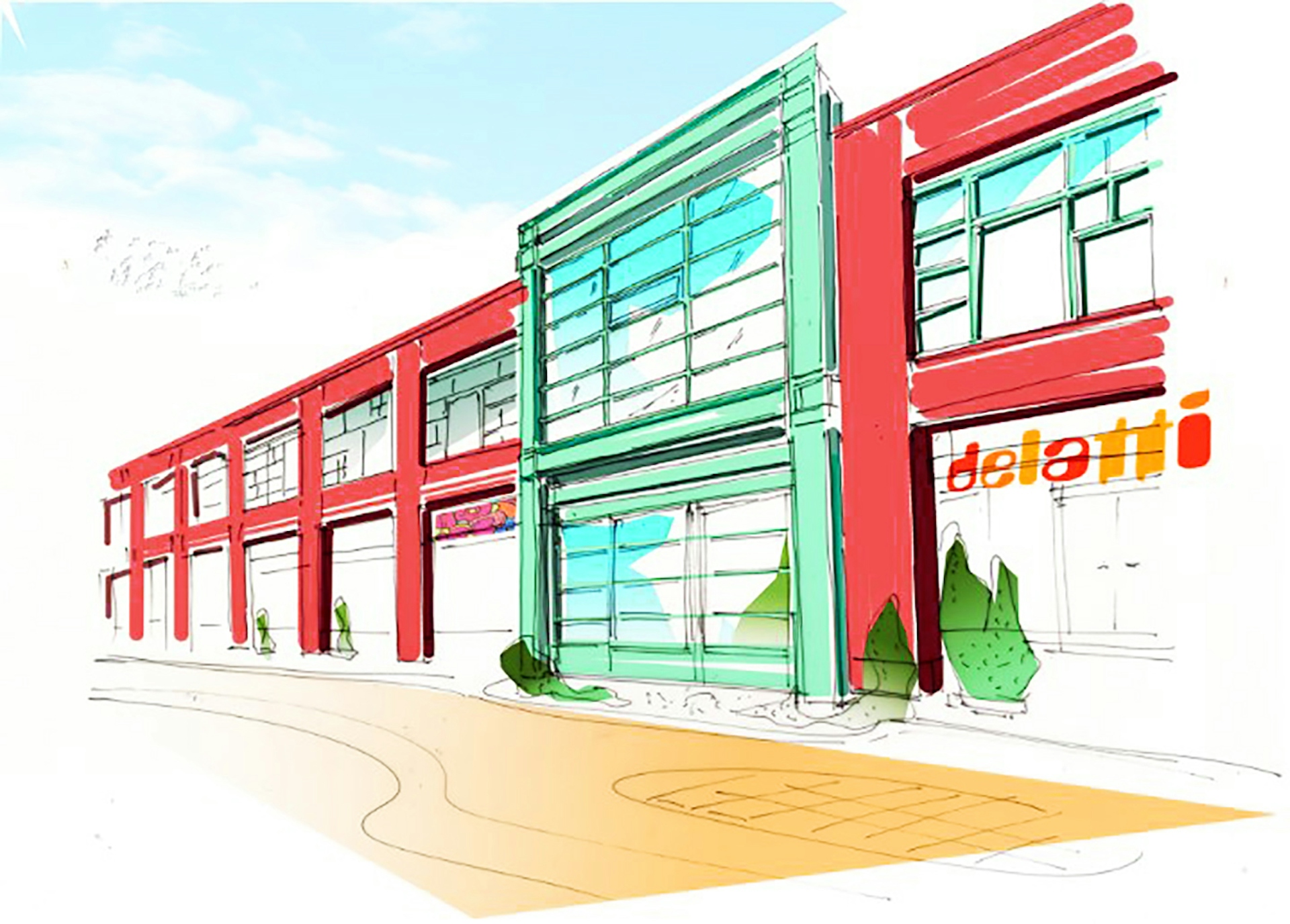
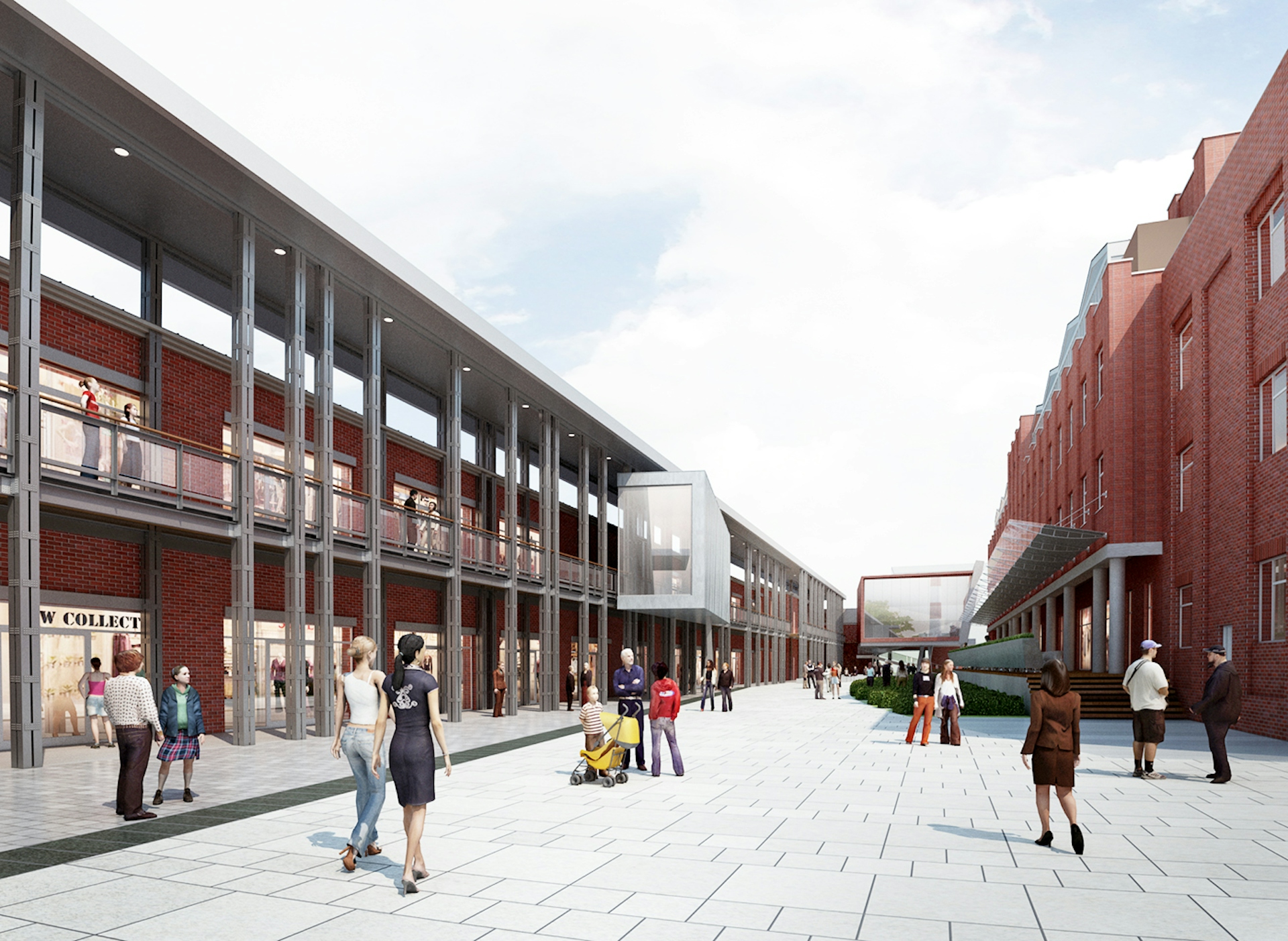
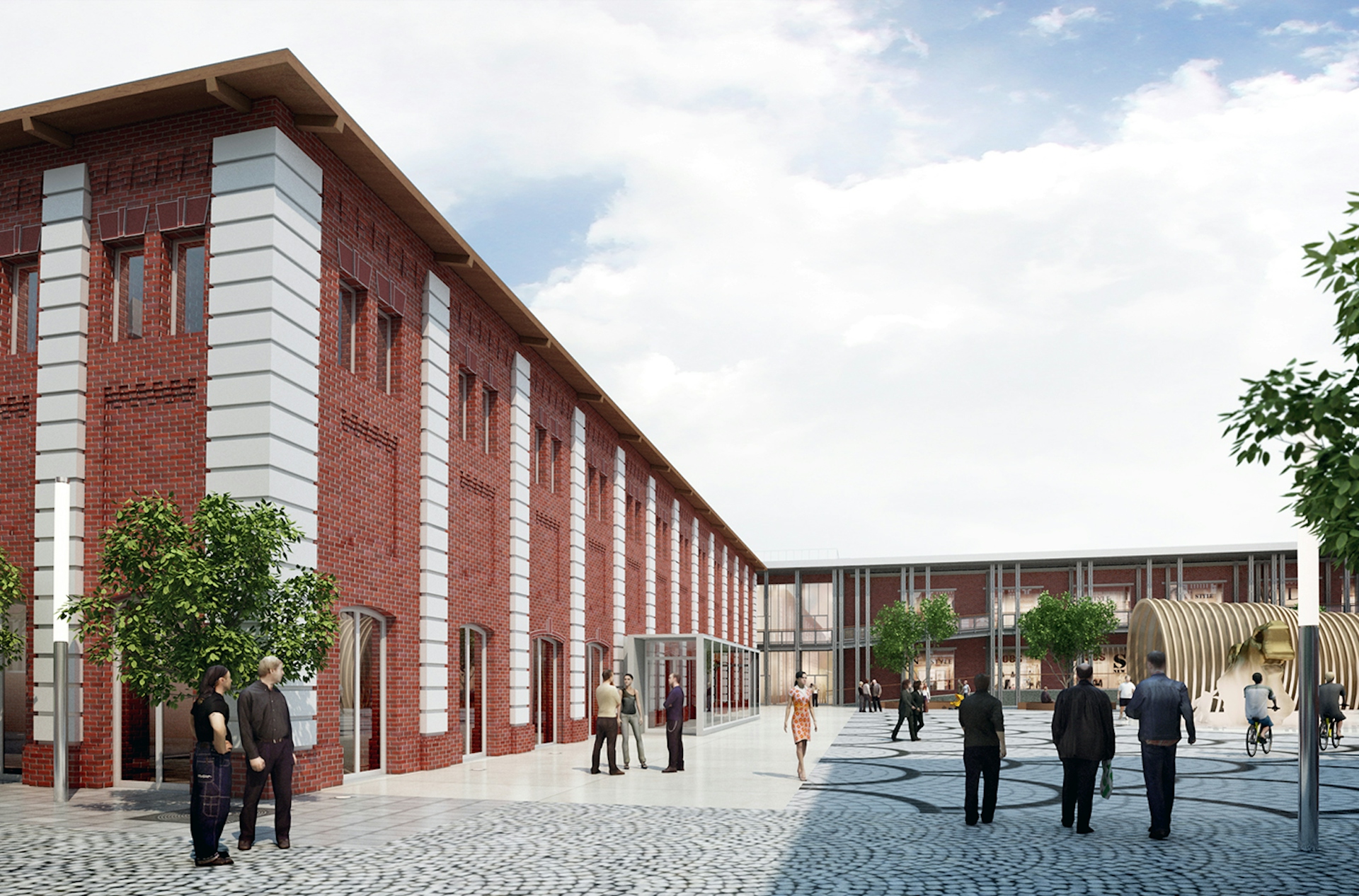
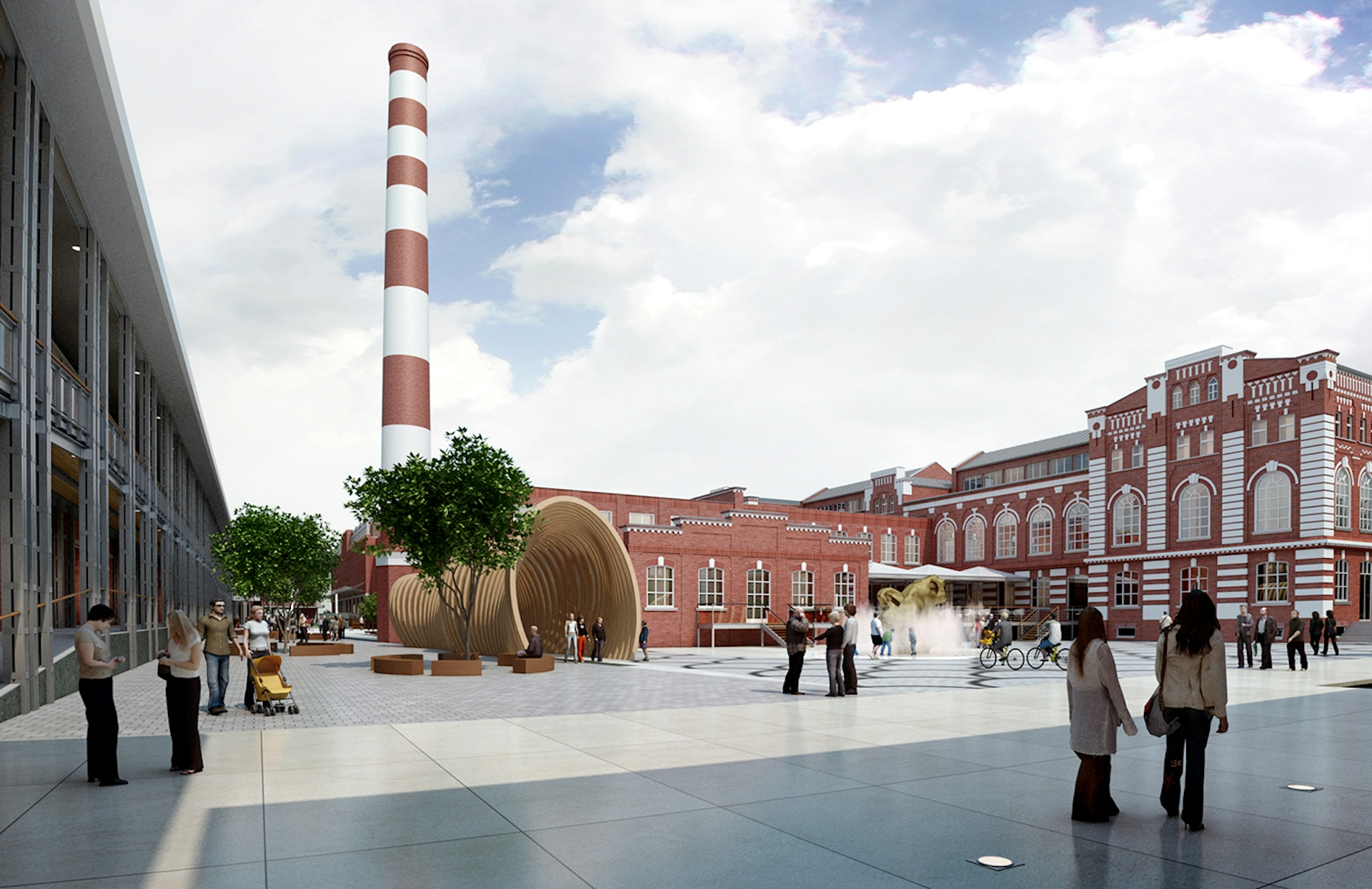
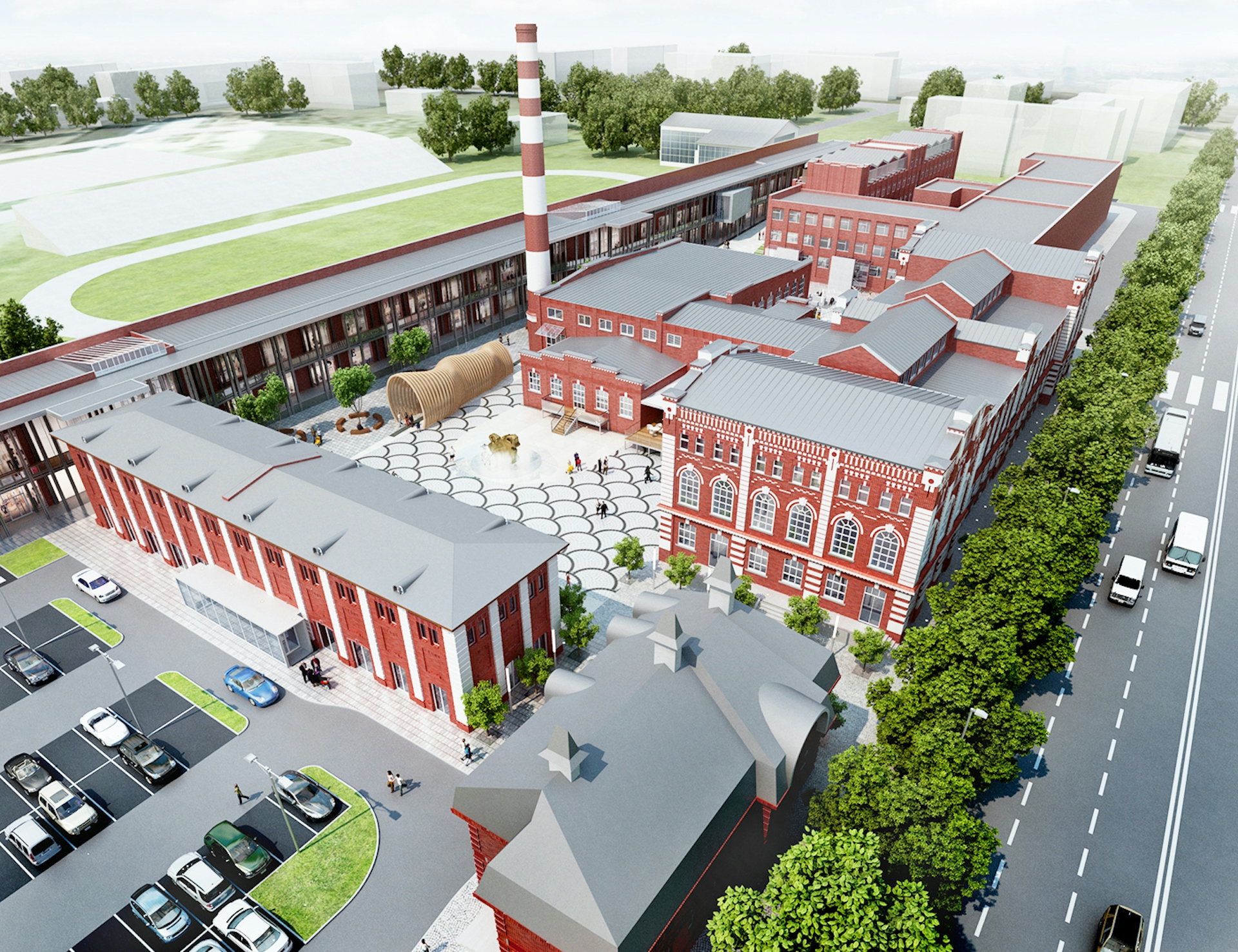
Realisation
In Likerka Loft, various events are regularly held, including cultural events, lectures, and workshops aimed at developing creative skills and exchanging ideas. The space is open to everyone, which fosters the formation of a community of like-minded individuals ready to share experiences and inspiration. Additionally, Likerka Loft offers business opportunities by providing coworking spaces and other services for startups and freelancers. It is a place where one can not only work but also find partners, develop ideas, and implement projects. Likerka Loft is not just a space; it is a whole ecosystem for creativity and business.




